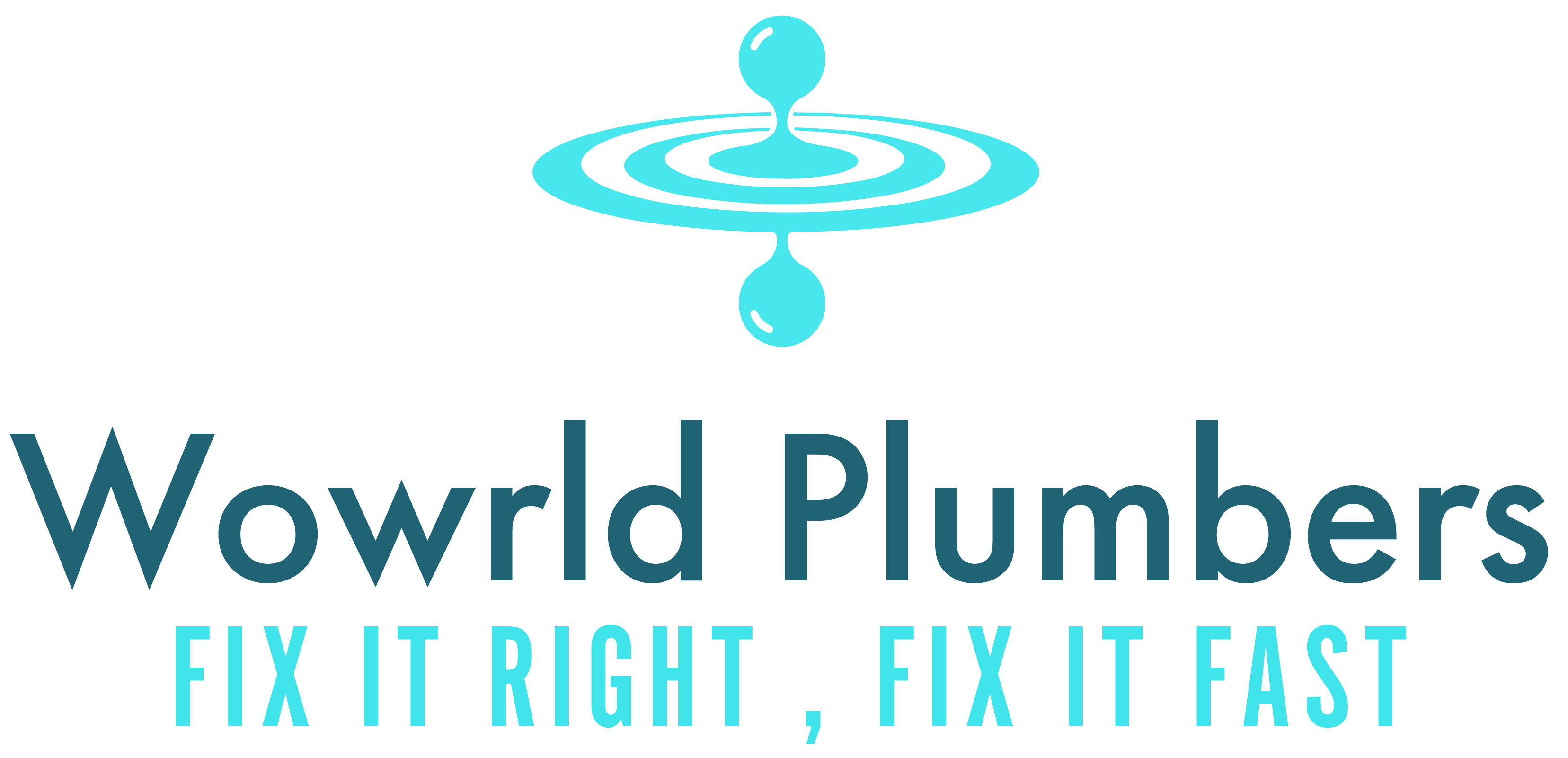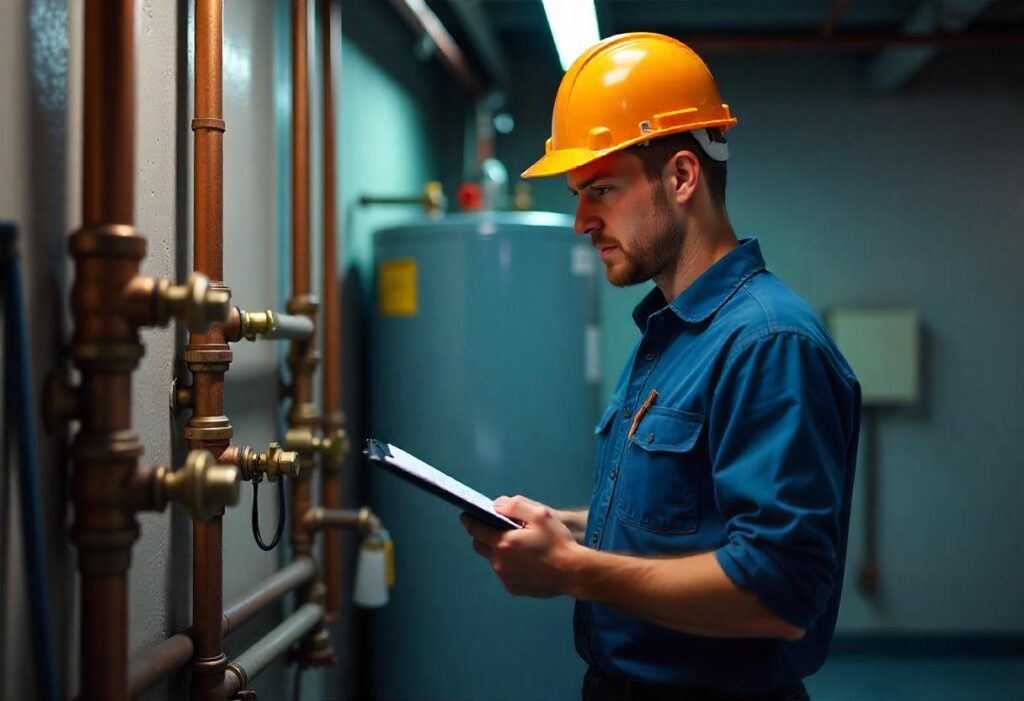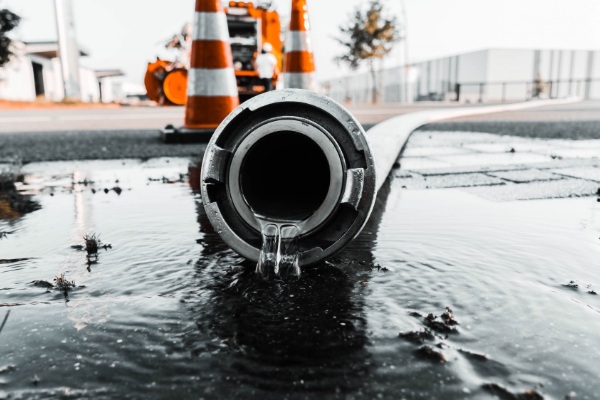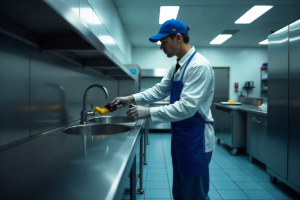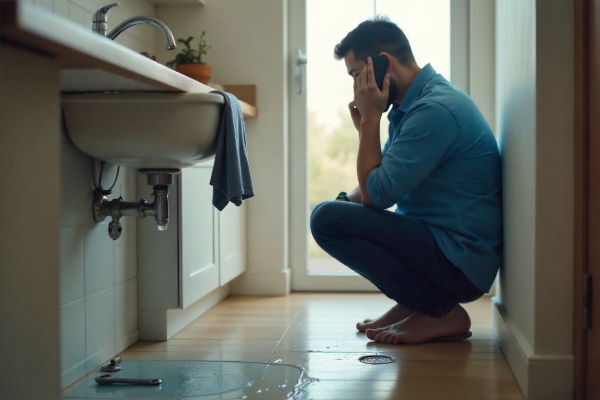For commercial buildings, plumbing problems aren’t just inconvenient—they can disrupt business operations, pose health hazards, and lead to costly damage. Preventive plumbing maintenance is essential to keeping your systems running smoothly and avoiding emergencies. Below is a comprehensive checklist tailored to commercial properties.
Importance of Preventive Maintenance for Commercial Plumbing
Commercial plumbing systems handle significantly higher usage than residential ones. Without regular inspections and upkeep:
- Minor issues can evolve into expensive repairs
- Water waste and utility bills can skyrocket
- Health code violations or business closures may occur
Regular preventive maintenance ensures your plumbing system is safe, compliant, and cost-effective.
How Often Should Commercial Plumbing Be Inspected?
The frequency depends on your building type, plumbing usage, and local regulations. In general:
- Weekly/monthly: Basic visual checks and fixture tests
- Quarterly: Grease traps, backflow preventers, valves
- Annually: Sewer inspections, heater flushing, compliance checks
Consider a custom plan with a licensed commercial plumber to match your facility’s needs.
Weekly/Monthly Maintenance Tasks
Check for Visible Leaks in Bathrooms and Kitchens
Inspect sinks, toilets, water fountains, and supply lines. Even small drips can add up and damage surrounding structures.
Test Water Pressure at Fixtures
Inconsistent water pressure can indicate clogged pipes, corrosion, or faulty valves. Ensure all faucets and showers maintain steady flow.
Inspect and Clean Floor Drains
Check that floor drains are clear and free of debris. Use a mild enzyme cleaner monthly to prevent foul odors or clogs—especially in food service areas.
Check for Odors or Slow Drains
Bad smells may signal early-stage drain clogs or sewer gas leaks. Learn more about smelly drain solutions.
Ensure Toilets Flush Properly and Don’t Run Continuously
Adjust or replace flappers and fill valves as needed. A running toilet wastes hundreds of gallons per day and increases water bills.
Quarterly Maintenance Tasks
Inspect Backflow Prevention Devices
These are critical in preventing contamination of your clean water supply. A plumber should test them per code.
Clean and Test Grease Traps (If Applicable)
For restaurants or commercial kitchens, grease trap maintenance is vital. Failing to clean it regularly can lead to major drain issues.
Check All Shut-Off Valves for Proper Operation
Valves should open and close fully. If they’re stuck or corroded, have them serviced or replaced to ensure quick shutoff during emergencies.
Inspect Water Heaters for Corrosion or Sediment
Look for rust, discoloration, or pooling water. Routine checks can prevent heater failure—learn how in our water heater diagnosis guide.
Bi-Annual to Annual Maintenance Tasks
Flush Water Heaters and Tanks
Sediment buildup reduces efficiency and lifespan. Flushing removes debris and ensures your system works properly during peak demand.
Schedule Video Inspection of Main Sewer Line
Commercial properties should have their main sewer lines checked with a camera to identify blockages, root intrusion, or damage.
Inspect Fire Suppression Plumbing Systems
Fire sprinklers and emergency water systems must be checked for leaks, pressure, and code compliance—especially in high-risk buildings.
Test and Calibrate Pressure Regulators
Pressure that’s too high can damage appliances, while low pressure causes performance issues. Keep regulators set within safe ranges.
Check for Pipe Insulation and Freeze Protection
If located in colder climates, ensure exposed pipes are insulated and that freeze prevention systems are in place before winter.
Documentation and Compliance
Keep Records of All Inspections and Repairs
Maintain logs for insurance, warranty, and regulatory purposes. These records help track recurring issues and support long-term planning.
Ensure Code Compliance and Health Standards
Work with a qualified commercial plumber to stay updated on local health and building codes. Avoid fines, shutdowns, or liability from overlooked violations.
When to Call a Commercial Plumbing Professional
Call a professional plumber when you experience:
- Persistent clogs or sewage backups
- Unusual water pressure or temperature issues
- Leaks in walls, ceilings, or floors
- Compliance inspections or upgrades
- New tenant installations or renovations
WoWorld Plumbers provides affordable commercial plumbing solutions to keep your business running without disruption.
